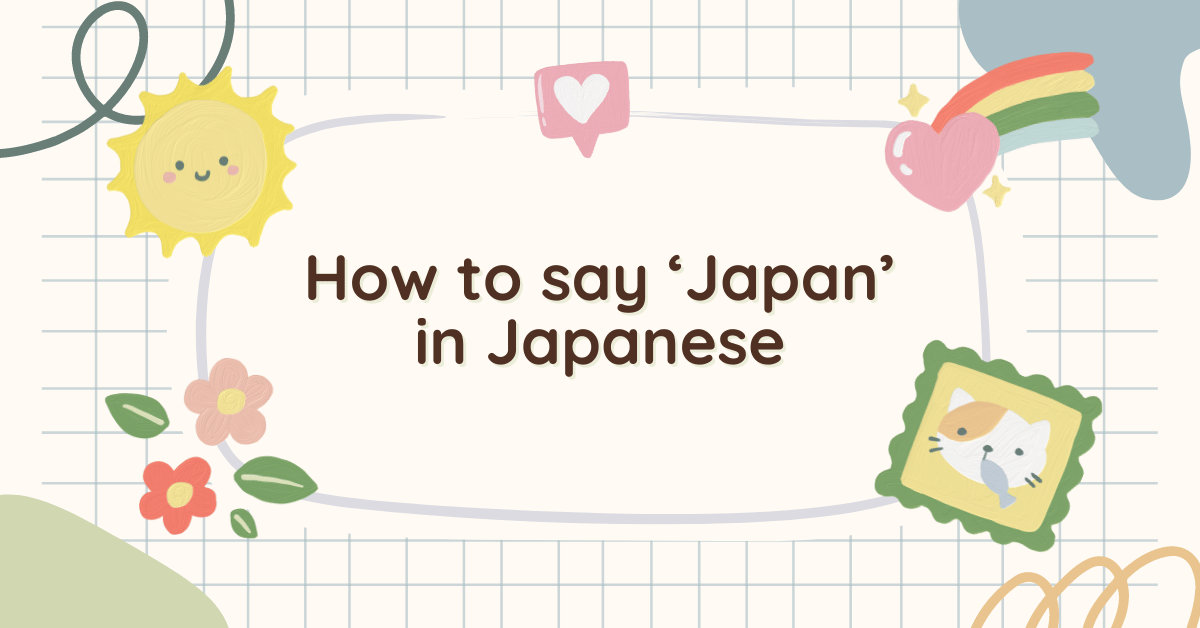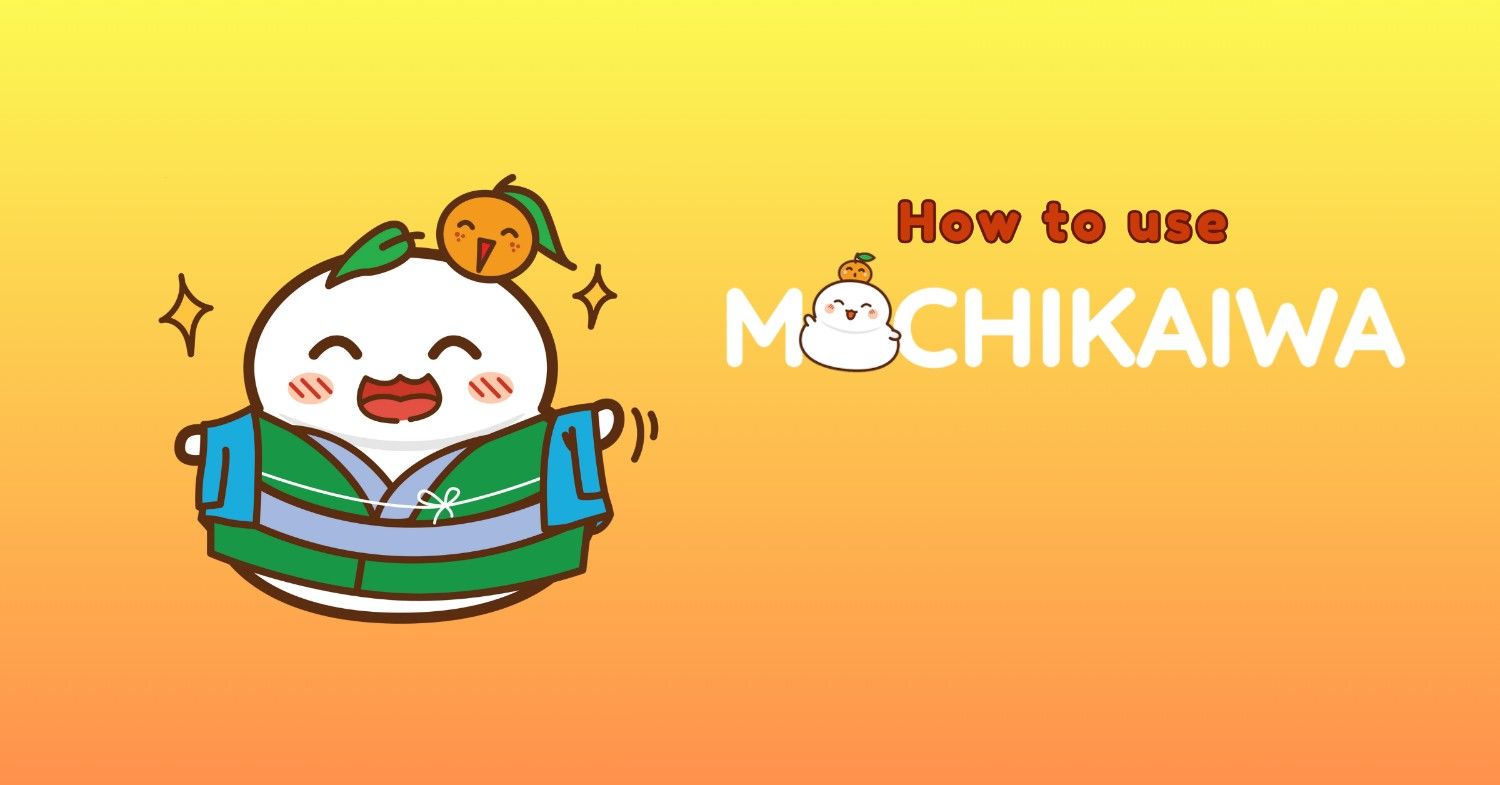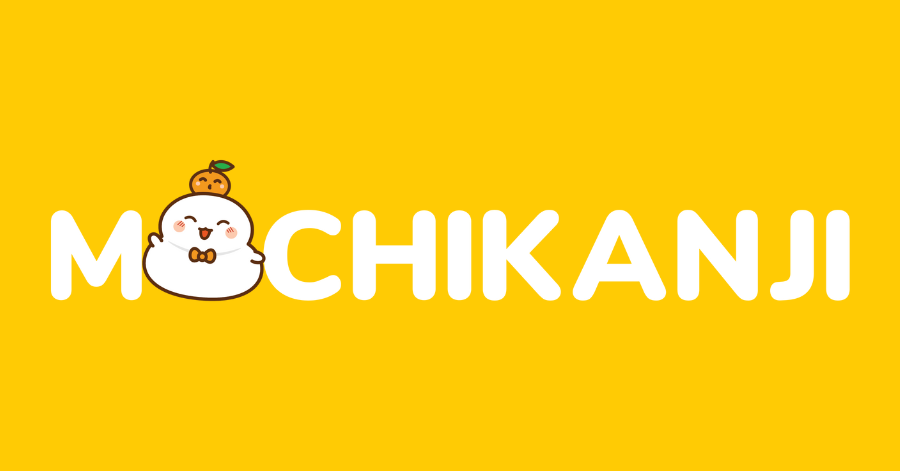Learning Chinese numbers doesn’t have to be a chore. With the right approach, it can actually be quite enjoyable and immensely rewarding. Whether you’re preparing for a trip, looking to boost your language skills, or just curious about this fascinating language, mastering Chinese numbers is a great starting point. In this comprehensive guide, I’ll walk you through everything from the basics to the more complex concepts, sprinkling in some fun facts, personal anecdotes, and practical applications along the way.
Chinese Numbers: 0-10 and Finger Counting
The Basics
Let’s start with the absolute basic chinese numbers from 0 to 10. These are the foundation of the Chinese numerical system:
- 0 (零, líng)
- 1 (一, yī)
- 2 (二, èr)
- 3 (三, sān)
- 4 (四, sì)
- 5 (五, wǔ)
- 6 (六, liù)
- 7 (七, qī)
- 8 (八, bā)
- 9 (九, jiǔ)
- 10 (十, shí)
Finger Counting: A Useful Trick
One unique aspect of Chinese culture is finger counting, which allows you to count from 1 to 10 on just one hand. This method is not only efficient but also integrates smoothly into everyday life. For example, when bargaining in a Chinese market, you might see vendors using finger counting to show prices when it’s too loud to hear. Each number up to 10 has a specific gesture, which makes communicating numbers quick and clear, even from a distance.
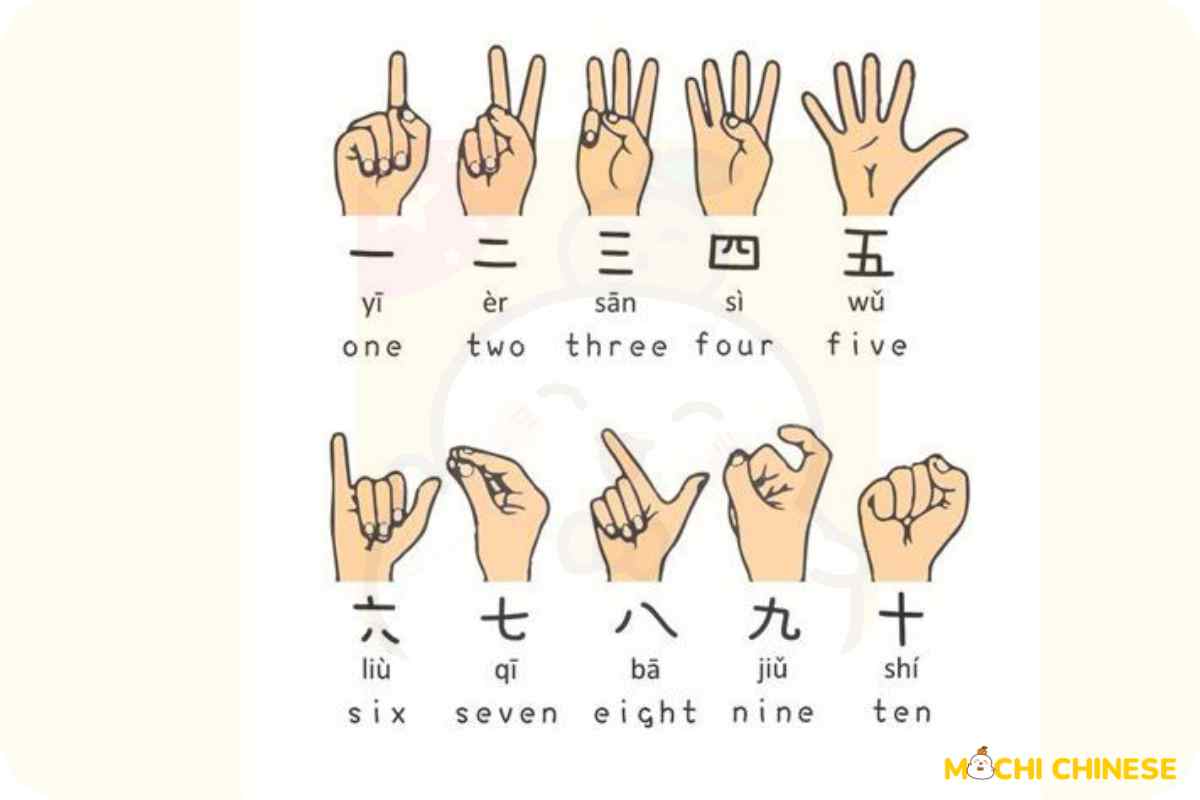
Chinese Numbers: 11-100
To detail all Chinese numbers from 11 to 100, it’s important to understand how the numbers are structured in the language. Chinese numbers are very logical and follow a consistent pattern, making them relatively easy to learn. Here’s a breakdown that includes the numbers, their Chinese characters, and the Pinyin pronunciation:
Chinese Numbers from 11 to 19
These numbers are formed by stating “ten” followed by the unit number:
| Number | Chinese | Pinyin |
|---|---|---|
| 11 | 十一 | shí yī |
| 12 | 十二 | shí èr |
| 13 | 十三 | shí sān |
| 14 | 十四 | shí sì |
| 15 | 十五 | shí wǔ |
| 16 | 十六 | shí liù |
| 17 | 十七 | shí qī |
| 18 | 十八 | shí bā |
| 19 | 十九 | shí jiǔ |
Chinese Numbers from 20 to 99
From 20 onwards, the numbers are expressed by stating the multiple of ten, then the unit (if any). Here’s how to form numbers in their tens and examples for each:
| Number | Chinese | Pinyin |
|---|---|---|
| 20 | 二十 | èr shí |
| 21 | 二十一 | èr shí yī |
| 22 | 二十二 | èr shí èr |
| 23 | 二十三 | èr shí sān |
| … | … | … |
| 30 | 三十 | sān shí |
| 31 | 三十一 | sān shí yī |
| … | … | … |
| 40 | 四十 | sì shí |
| 41 | 四十一 | sì shí yī |
| … | … | … |
| 50 | 五十 | wǔ shí |
| … | … | … |
| 60 | 六十 | liù shí |
| … | … | … |
| 70 | 七十 | qī shí |
| … | … | … |
| 80 | 八十 | bā shí |
| … | … | … |
| 90 | 九十 | jiǔ shí |
| 91 | 九十一 | jiǔ shí yī |
| 92 | 九十二 | jiǔ shí èr |
| … | … | … |
| 99 | 九十九 | jiǔ shí jiǔ |
Chinese Number 100
The number 100 is a standalone:
| Number | Chinese | Pinyin |
|---|---|---|
| 100 | 一百 | yī bǎi |
Chinese Numbers: Phone Numbers
The Rule: “Yāo” Instead of “Yī”
In Chinese, the pronunciation of numbers can change slightly depending on the context to ensure clarity, especially in spoken communication. This is particularly true for the number 1 when it comes to phone numbers.
Normally, the number one is pronounced “yī” in Chinese. However, when stating phone numbers, “yī” (一) is often pronounced as “yāo” (幺), which is less likely to be confused with similar-sounding words or numbers. This is especially useful in noisy environments or over the phone where audio clarity can be compromised.
How to Ask and Answer for a Phone Number in Chinese
When you want to ask and answer someone for the phone number in Chinese, you can use the following phrase:
- 你的电话号码是多少?
(Nǐ de diànhuà hàomǎ shì duōshao?)
- Translation: “What is your phone number?”
- 我的电话号码是一三八零零五三三零零九。(for example)
(Wǒ de diànhuà hàomǎ shì yāo sān bā líng líng wǔ sān sān líng líng jiǔ.)
- Translation: “My phone number is 138-005-33009.
Chinese Numbers: How to say the Birthday in Chinese
Talking About Years
Years in Chinese are straightforward. The number is followed by the word “年” (nián), which means “year.” For example:
- 1993 would be 一九九三年 (yī jiǔ jiǔ sān nián).
- 2020 would be 二零二零年 (èr líng èr líng nián).
Each digit of the year is pronounced individually, making it clear and easy to understand.
Talking About Months
Months are expressed by the number of the month followed by the word “月” (yuè), which means “month.” Here’s how you would say the months:
- January: 一月 (yī yuè)
- February: 二月 (èr yuè)
- March: 三月 (sān yuè), and so on up to December: 十二月 (shí èr yuè).
Talking About Dates
The day of the month is expressed by simply stating the number followed by “号” (hào) or “日” (rì), both meaning “day.” For example:
- The 1st of the month: 一号 (yī hào) or 一日 (yī rì)
- The 15th of the month: 十五号 (shí wǔ hào) or 十五日 (shí wǔ rì)
Combining Year, Month, and Date
To state a full date, you start with the year, then the month, and finally the day. For example, if you want to say “July 4, 1776,” you would say:
- 一七七六年七月四号 (yī qī qī liù nián qī yuè sì hào)
- Pronounced: “Yī qī qī liù nián qī yuè sì hào”
This format ensures clarity and is used in all formal and most informal contexts, reflecting the logical structure of the language.
Practical Usage
Understanding how to discuss dates is particularly useful for making appointments, celebrating birthdays, and marking anniversaries. It’s also essential for filling out forms and documents in Chinese-speaking regions. Here’s a practical conversation example:
- Question: 你的生日是什么时候?(Nǐ de shēngrì shì shénme shíhou?)
- Translation: “When is your birthday?”
- Answer: 我的生日是一九九零年五月二十一号。(Wǒ de shēngrì shì yī jiǔ jiǔ líng nián wǔ yuè èrshíyī hào.)
- Translation: “My birthday is May 21, 1990.”
Chinese Numbers: How To Say The Age in Chinese
In Chinese culture, asking someone their age can be quite common, particularly in settings where age and seniority influence social interactions. Here’s how to ask and use Chinese numbers to answer questions about age:
How to Ask Someone’s Age
The standard way to ask someone’s age in Chinese is:
- 你多大了?(Nǐ duō dà le?)
- This is informal and translates to “How old are you?”
- 您今年多大了?(Nín jīnnián duō dà le?)
- Using “您” (nín) instead of “你” (nǐ) makes the question polite and is more appropriate when addressing someone older or in a respectful context. This translates to “How old are you this year?”
How to Respond
When answering, you use the number of years followed by “岁” (suì), which means “years old.” Here’s how you might respond:
- 我二十五岁。(Wǒ èrshíwǔ suì.)
- “I am 25 years old.”
Sometimes, particularly among younger people or in casual settings, you might hear a slightly different way of stating age:
- 我二十五。(Wǒ èrshíwǔ.)
- Dropping “岁” in casual conversation is not uncommon among friends.
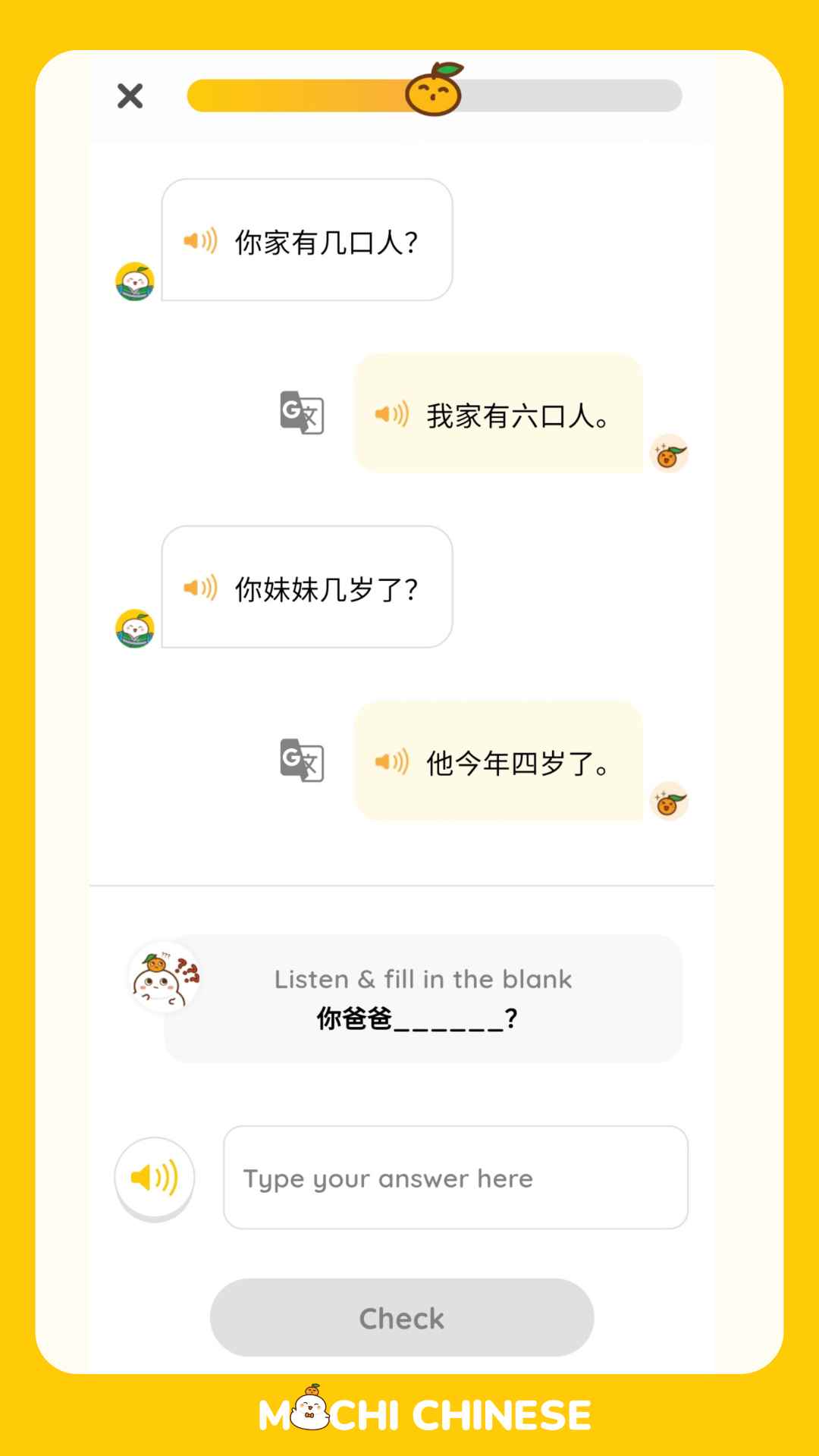
Additional Useful Phrases
Here are a couple more phrases that might come in handy when discussing age:
- 你是哪一年出生的?(Nǐ shì nǎ yī nián chūshēng de?)
- “What year were you born?”
- 我是一九九零年出生的。(Wǒ shì yī jiǔ jiǔ líng nián chūshēng de.)
- “I was born in 1990.
Learning basic conversational phrases like the ones mentioned will help you communicate more naturally with native speakers. You can refer to conversational lessons from Mochi Chinese, a platform that provides resources to enhance your communication abilities.
Chinese Numbers: Big Chinese Numbers
Thousand (千, qiān)
- 千 (qiān) represents 1,000.
- Example Usage:
- 一千 (yī qiān) – 1,000
- 两千 (liǎng qiān) – 2,000
- In prices or distances: 这件衣服价值两千元 (Zhè jiàn yīfu jiàzhí liǎng qiān yuán) – This piece of clothing costs 2,000 yuan.
Ten Thousand (万, wàn)
- 万 (wàn) stands for 10,000.
- Example Usage:
- 一万 (yī wàn) – 10,000
- 五十万 (wǔshí wàn) – 500,000
- In real estate contexts: 这套房子售价五百万 (Zhè tào fángzi shòujià wǔbǎi wàn) – This house is priced at 5,000,000.
Hundred Million (亿, yì)
- 亿 (yì) translates to 100,000,000.
- Example Usage:
- 一亿 (yī yì) – 100,000,000
- 十亿 (shí yì) – 1,000,000,000
- In economic terms: 中国的GDP达到了十四亿人民币 (Zhōngguó de GDP dádàole shísì yì rénmínbì) – China’s GDP reached 14,000,000,000 RMB.
Chinese Numbers: Special Chinese Numbers
Chinese numbers often carry additional meanings based on how they sound, which can influence everything from daily conversation to business decisions. Here are 10 examples of Chinese numbers that have special meanings or are used as slang, reflecting their importance in cultural, social, and superstitious contexts:
- 168 (一六八, yī liù bā) – Sounds like “一路发” (yī lù fā), which means “fortune all the way”. It’s considered very lucky and is often used in business names and phone numbers.
- 520 (五二零, wǔ èr líng) – When pronounced, it sounds similar to “我爱你” (wǒ ài nǐ), which means “I love you”. It’s popular in digital communication, especially for expressing affection on special occasions like Valentine’s Day.
- 1314 (一三一四, yī sān yī sì) – Sounds like “一生一世” (yī shēng yī shì), meaning “for a lifetime”. It is often used alongside 520 to form 5201314, which can mean “I love you for a lifetime”.
- 666 (六六六, liù liù liù) – Often used online to compliment someone’s skills, especially in gaming or when someone does something impressive. It sounds enthusiastic and supportive.
- 888 (八八八, bā bā bā) – Since eight is a lucky number in Chinese, repeating it as 888 amplifies its effect. It’s associated with triple fortune and is highly favored in financial transactions and phone numbers.
- 233 (二三三, èr sān sān) – Used in internet slang, it originates from a popular emoji package on a Chinese social media platform, representing laughter. It’s similar to “LOL” in English.
- 250 (二百五, èr bǎi wǔ) – A slang term for someone who is foolish or silly. The origin of the term is debated, but it’s widely recognized in casual conversation as a playful insult.
- 7456 (七四五六, qī sì wǔ liù) – Sounds like “气死我了” (qì sǐ wǒ le), which means “I’m so angry” or “You’re making me mad”. Used mostly in humorous or light-hearted contexts.
- 999 (九九九, jiǔ jiǔ jiǔ) – Since the number nine is associated with longevity and eternity in Chinese culture, 999 is often seen in health and wellness brands, implying health that lasts forever.
- 404 (四零四, sì líng sì) – Known globally as the HTTP error code for “Not Found”, in China it’s also playfully used to indicate when someone or something is missing or lost.
Conclusion
Embracing Chinese numbers can enhance your understanding of the language and culture significantly. Start with the basics, practice regularly, and use your knowledge in real-life situations to improve. Remember, learning a new language opens up a whole new world of experiences, so enjoy the journey!
Recommendation: Mochi Chinese App – Memorize 1000 words in 30 days
Mochi Chinese offers a range of features designed to enhance your learning experience, including interactive lessons, quizzes, spaced repetition and Golden Time techniques.
- Focus on Joyful Learning: Mochi Chinese aims to make learning Chinese fun and engaging.
- Bright Design & Adorable Mascots: The app uses cheerful colours and cute characters to keep you motivated.
- Spaced Repetition System: Smart algorithms help you review words at the perfect time to boost memorization.
Download the Mochi Chinese app on Google Play Store, App Store, or Web version!

